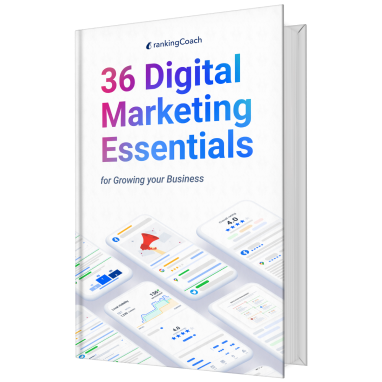Site Content and The Technical Side of Posts
Getting Technical With Content for SEO
Content has been a key theme in this blog, with recent articles on creating the most effective list of keywords, and on how to find inspiration for great content concepts. Those of us who have gotten to this point now have another important area of content strategy for consideration: technical SEO.
A key part of this is thinking about where, when, and how our content appears. It is also about honing the use of keywords to achieve the best possible response for SEO
Content Strategy Keyword Density
When trying to create keyword-rich content that users actually want to read, It is always best to begin with a written article with interesting ideas.
This can then be reshaped to include more keywords. This creates far more readable content than writing a series of generalized statements that can easily have more keywords crammed into them.
If you have picked the right content idea to start with you will find that you have touched on some keywords a few times already in the text.
When adding additional references to the keywords, ensure that they don't impact the text's overall readability. Read it aloud and if it starts to sound clumsy or even nonsensical, you are probably inserting a few too many.
Mentioning a keyword more than once in your text will help its ranking but only to a certain point; if the use of keywords negatively affects the overall readability of a text, it is also likely that it will not rank very well.
Google Webmaster Matt Cutts says that SEO content is about working keywords into your content in a natural way. In his talk on keywords, he made it very clear that Google will afford a bad ranking to content that feels clumsy or artificial, so, all that time spent writing interesting content for potential visitors is well spent, not just for them but for Google too!
Article length
Assuming we are happy with the keyword density of our piece, we come to the next question: is the text as long as it needs to be? When creating content with SEO in mind length is important. Many experts say content should be at least one thousand words long
If your content hasn't quite made it to the thousand-word mark, try and extend on some of those interesting ideas.
If you are only a hundred words off, you could think about linking ideas in your current article to previous articles on your website at the beginning or end of the article. This will add those extra few words and will also pass on some additional traffic to those pages.
BlackHat tactics like listings keywords in hidden content and stealing content word for word to bulk out your word count are a bad idea. If you want to know more about the do's and don't of digital marketing check out this article.
Site Structure and where we post
The URL for our content is also a useful area for keywords. When you create a new subpage or article, pay careful attention to the URLs you create.
Building keywords into your homepage and subpages URLs is a great technical way to boost your keywords. For example, a great URL for a website that sells Rolling Stones T-Shirts would be:
www.buyrollingstonestshirts.com
This address will optimize the term 'buy Rolling Stones T-shirts'.
Perhaps you can't afford the keyword-stuffed URL or its focus is too specific. If the website in the previous example had the website address www.rocktshirts.com, they could then add the previous Rolling Stones term to the end of the URL for a subpage:
www.rocktshirts.com/buyrollingstonestshirts
This would also be great for optimizing the term, but the first example would likely be better for optimizing that specific phrase. This is because keywords that are part of a website's main URL get a powerful optimization boost.
Regardless of which part of the URLs you decide to put your keywords in, pay attention to the address for your subpages and always opt for keywords over random words and numbers.
Paying closer attention to your URLs can also help search engines to crawl your site better.
A site with an SEO-friendly structure and site map will rank much better than one without. rankingCoach can really help you get tasks like this right. It analyzes your website and shows you exactly how to improve it.
Keywords In The Meta Title and Meta Description
Don't forget to put keywords in your meta title and meta description along with your image description. If you are not doing this already you are missing a trick. We will look at this specific area more in next week's blog.
Frequency and timing of posts
It is important to remember that the period of time between the current post on your website and the next post will impact SEO ranking. It is better to maintain a constant stream of content rather than posting content sporadically in batches, so hold onto three of those four articles you wrote after that glass of red got you inspired, and post them in weekly intervals.
This will be much better for SEO than posting them all at the same time. If you can't write something once a week, try once a fortnight. Those creative geniuses out there who can create content daily, good luck to you. Either way, consistency is important, so get planning for your next posts!
Need Some Help With Your Website's SEO Strategy?
rankingCoach is the perfect application for SMEs looking to build a formidable online presence. Especially those looking to work on SEO with keyword data. rankingCoach analyses your website and take you step-by-step through the process of optimizing your website.

Download this eBook for FREE 36 Digital Marketing Essentials For Growing Your Business
Learn everything you need to know to take your marketing to the next level. Get your business on track for success!
X
